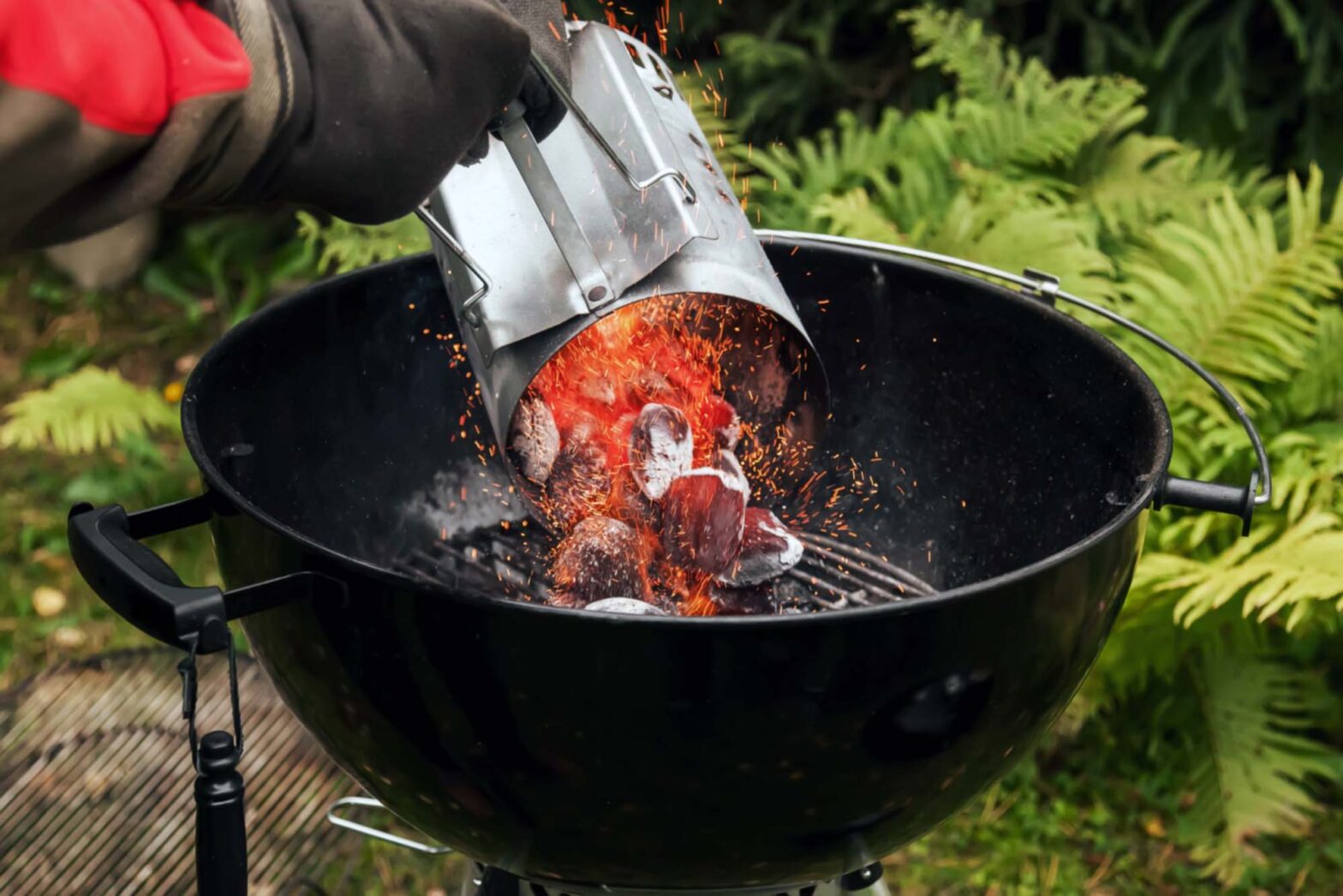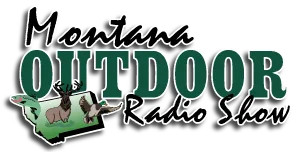 Grilling is a wonderful way to prepare meals. Cooking outdoors makes everything taste better. Even a simple hot dog is delicious after being grilled. Many folks own outdoor grills, but not everyone knows how to use them tastefully, and safely.
Grilling is a wonderful way to prepare meals. Cooking outdoors makes everything taste better. Even a simple hot dog is delicious after being grilled. Many folks own outdoor grills, but not everyone knows how to use them tastefully, and safely.
Modern grills can be charcoal, wood pellets, or propane/natural gas. There are other electric, solar, and alternative fuel variations. Every grill involves heat.
One of my friends invited us over for a cookout. His charcoal grill had seen better days, and his grilling skills were limited at best. When he started the grill, he squirted at least a cup of gasoline onto the damp, poorly stored charcoal briquets. With the toss of a match the grill exploded in flames several feet high, singing the tree branch hanging overtop the grill.
The grill grate had never been cleaned. Fat, grease, and food debris was hanging from the gross grate. The grill was missing a wheel, and the utensils were hanging off the handles, where the dogs had thoroughly licked them. He made burgers and chicken that smoked in the damp uneven heated charcoal grill. The same utensils and his hands touched everything without cleaning his hands. He poured beer onto the small grease fires that were starting up.
When he served up the raw and dirty food, I did not make a plate. He encouraged me to eat but I refused. His feelings were hurt, and our friendship was singed.
The next week, I invited them over for a cookout, at his house. I fixed the grill wheel, pruned his trees, made a level deck for the grill, used new charcoal, and bought him a charcoal lighter can. We cleaned everything and made a utensil storage area that was bug and dog proof. We cooked the same menu properly. All was great and he became a gifted griller.
 Here are some important Grill Master tips to consider.
Here are some important Grill Master tips to consider.
HEAT all grills are hot. Have a spray bottle of water on hand if things flame on. Grease fires are the most common grill accident. Grease fires are like a chimney fire that accelerates and fuels itself. A K style fire extinguisher is a clever idea to keep nearby.
UTENSILS long handled utensils, which are heat resistant keep you from getting burned. Hang or store them where the pets and critters can’t get to them. Make a drawer or an enclosed rack. Clean the utensils after each use.
GRILLING ATTIRE An apron and chef hat are not just for looking good. They keep your hair out of the way and protect your clothing from getting too close to the heat. Many clothing fabrics are not fireproof and can quickly ignite. Consider long pants and eye protection, if using hot grease or oil. Have the fire extinguisher handy.
GRILL LOCATION never put your grill in a pathway or travel area. It does not belong near any flammable curtains, material, firewood, or fuels. If the grill is next to the house, your vinyl siding will melt, stain, or ignite. Consider the wind and where the smoke may travel. Keep pets and kids away from the HOT ZONE.
Placement of the grill should be on a level surface. You may want to secure the legs to the ground or anchor, to avoid tipping over or getting blown over in the wind.
FUEL STORAGE All fuels need to be stored safely. Propane jugs should be turned off when not in use.
Check connections for gas leaks using soapy water. Use Teflon tape on the threads for a tight seal. Natural gas grills also have a turn off valve to ensure safety.
Wood pellets and charcoal should be stored in a sealed container where they will stay dry. Wood for pizza ovens or grills should also be seasoned and stored in a dry location where insects can also be deterred.
Avoid using accelerants like gas, oil, and fire-starting liquids. The chemicals will taint the food’s flavor. Learn to build a proper fire using kindling and other safe fire starters. Newspaper can spread embers into the air. Colored paper has other chemicals. Any pressure treated wood is a no, no.
Grill covers protect your expensive gear. The sun can ruin the coatings, melt the plastic handles. Covers also contain scent and prevent critters and pets from getting into the grill.
ROUTINE MAINTENANCE Once the grill is cooled down, clean it before the next use. Cranking up the heat to burn off the crud is not cleaning. Inspect all the heat shields, ports, vents, and wiring. Ignitors often have batteries that need to be replaced before they corrode. Use soapy water to clean the grill grates. If you do this routinely, it will require less time and elbow grease. Meat fat is caustic and will dissolve metal. Cover areas that get coated in grease with aluminum foil. Empty any grease trays or drain containers.
ELECTRIC SAFETY Outdoor electric outlets require a GFI weatherproof fixture. Check all wires for chaffing, melting, and poor contacts.
ASH REMOVAL Wood and coal ash can be reused in the garden, lawn, or as ice melt. Never place it into the trash when it is still hot.
LEARN HOW TO GRILL Take pride in your grill gear and meals. There are plenty of great YouTube videos that will make you a proper Grill Master. One of the ultimate grill challenges is to prepare the entire meal off / from the grill. Grill the salad, corn, meat, veggies, and desserts at the same time. Time the cooking so that everything is ready when the guests are. Make a menu that is fun, flavorful, and well presented.
SERVE THE FOOD SAFELY Use wire covers to keep bugs off the food. Napkins and a hand cleaning station are a good idea. This also means condiments, silverware, and drinks. Fans can help keep bugs away.
Take pride in your grilling and gear. Your guests will appreciate a healthy, safe, and tasty meal.
Montana Grant




